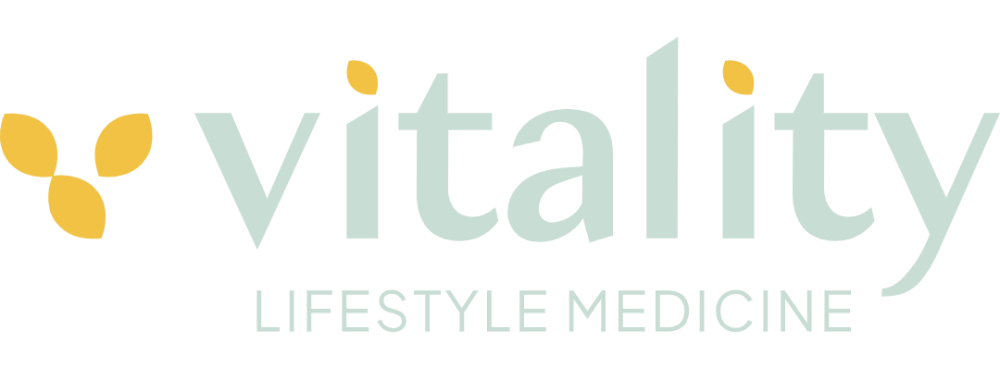Happy Gut, Happy Life
Jul 26, 2024

Do these sound familiar? These are just a few phrases that link emotions with abdominal sensations, and for good reason. Research shows us how much our gut and brain interact, and the connection is stronger than we’d ever imagined.
The Gut and The Microbiome
When we think of our gut, we associate it with digestion, absorbing nutrients from our food and getting rid of waste, but our gut also has some more exciting jobs. Our digestive system plays a vital role in our health, including our immune, brain, and mental health.
A friendly group of microscopic organisms called the microbiome does the grunt work of digestion. This 100 trillion-strong community, which consists mostly of bacteria, yeasts, and viruses, is crucial in breaking down our food so we can absorb the nutrients. Amazingly, more than half the cells in our body belong to the microbiome, meaning we are only half human!
These friendly housemates help with the following digestive chores:
- break down fibre, turning it into nutrients like short-chain fatty acids that the body can use for energy.
- scare off ‘bad bacteria’, reducing the risk of infection.
- make essential vitamins like B12 and K for us.
- protect us against autoimmune and inflammatory diseases by acting as a gatekeeper; they only allow nutrients into the bloodstream and block toxins and partially digested food.
More recent research suggests that the gut’s role in health is more complex than we originally thought.
The Microbiome-Gut-Brain Axis
Although it can’t find your misplaced keys or answer a question, scientists call your gut “the second brain”. It has around 500 million nerve cells forming what is known as the enteric nervous system. These nerve cells in the gut ‘talk’ to the nerve cells in the brain to control functions like blood flow to your gut, releasing enzymes to help break down food and moving the food in the right direction using your gut-lining muscles (operated without conscious control).
Your Gut Happiness
Serotonin is an essential neurotransmitter called the "happy hormone" because it plays a crucial role in maintaining well-being and happiness. Although it was discovered in the gut and the nervous system in the late 1940s, we now know that about 90% is produced in the gut. Most of the traditional research has been centred around serotonin's action on depression, but it has other profound effects on the body and mind. Serotonin affects mood, memory, anger, fear, appetite, pain, cardiac function, and gut motility regulation, to name just a few!
Food and Mood
Our diet can significantly affect our brain health and mood, and nutrition is vital to good mental health. This is empowering news; we control what we eat and have more power to manage our mental well-being than we previously knew. What we eat, how we eat, and when we eat dramatically impact the numbers and varieties of gut microbes. Don’t forget, we are eating for 100 trillion!
What does a mood-boosting diet look like?
- Plenty of fresh fruits and vegetables.
- Whole grains, nuts, seeds, and legumes (e.g., lentils, peanuts, beans).
- Fish 1-2 times a week.
- Healthy fats include olive oil and avocados.
- Minimal animal protein including dairy, beef, poultry and eggs.
In contrast, poor mental health is strongly linked to a high intake of processed, sugary, salty, fried, and fast food and sugary drinks. A scientific study published in 2017 took 67 people living with depression and assigned half of them a healthy Mediterranean-style diet while the other half continued eating as they usually would. After 12 weeks, one-third of the healthy diet group was cured of depression, an incredible outcome. With mindful food choices, we get to positively contribute towards the health of our gut, which has flow-on effects on our happiness and well-being.
Your Stressed Gut
Most of us have stress as our almost constant companion in our fast-paced world. But did you know that there is a strong relationship between stress and your gut? This gut-brain axis is the communication between two very complex systems: your central nervous system (the brain) and your enteric/gut nervous system (your “second brain”).
When stressed, your body goes into "fight or flight" mode, releasing a stress hormone called cortisol. Short bursts of stress can be useful, like a stressful, loud noise alerting you to danger, but chronic stress can lead to high cortisol levels, which can harm your gut.
High cortisol levels over a long period will upset the microbiome balance, allowing harmful bacteria to overgrow compared to good bacteria. The end result is a condition called dysbiosis, which can cause bloating, constipation, diarrhoea, and even severe forms of irritable bowel syndrome.
Stress can reach the gut lining and increase permeability or “leakiness”, allowing toxins and undigested food to enter the bloodstream. This causes inflammation and contributes to problems as far-ranging as food intolerances and autoimmune diseases.
So, how do we calm down our stressed-out gut? Here are a few ways you can keep it happy:
- mindfulness meditation.
- deep breathing techniques.
- regular physical activity.
- enough good quality sleep.
- high-fibre, fermented foods.
Being proactive about nutrition, exercise, and stress will help balance your gut microbiome and support your digestive health, improving your overall well-being.

